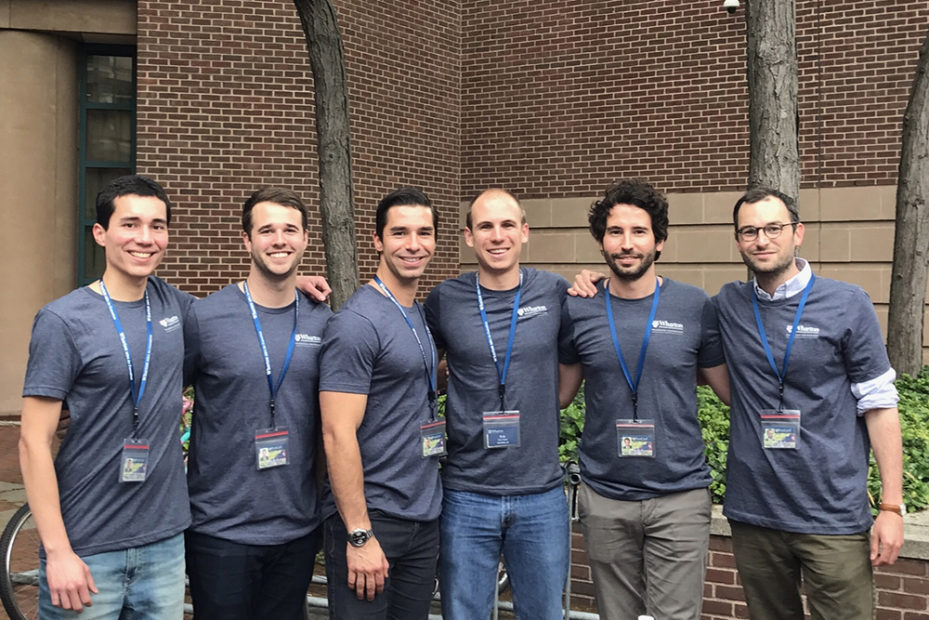Working in the litigation-consulting field, Ettore Comi, WG’19, came to Wharton’s MBA Program for Executives to strengthen his knowledge in finance and accelerate the transition from case manager to expert witness. He also wanted an MBA to gain more formal training in leadership and management.
As he researched EMBA programs, Ettore discovered three “important differentiators” at Wharton.
1. The Value of the GMAT
The first was the requirement for all applicants to take the GMAT, GRE or Executive Assessment. “Some programs don’t have that requirement or give a waiver more easily, but I think it is valuable. The willingness to prepare to take a test signals your motivation and I wanted to learn with motivated classmates. It also validated that the School has the same requirements for full-time MBA students as executive MBA students,” said Ettore.
The first time he took the GMAT was a learning experience. He explained, “I saw that regardless of your background, it’s important to learn the techniques and timing of the test. So, I got test-prep books and took many practice tests. A few months later, I took the test again and my score went up significantly.”
2. The Importance of In-Person Learning and Bonding
Another differentiator he found at Wharton was the residential requirement. “That extra time with classmates to have dinner together, study, work on projects, and hang out helps build comradery that you wouldn’t get if you went home after classes. I also liked how Wharton has no online component; learning with classmates and building your network is a big benefit of this program.”

3. Learning to Become a Better Manager
The third aspect that set Wharton apart for Ettore was something he learned about once he started the program: free leadership coaching through the Executive Coaching and Feedback Program (ECFP), which supports Wharton MBA students in their pursuit of deeper self-awareness and improved leadership skills.
“I did a 360-degree assessment, which I had never done before. I received a lot of feedback, both positive and negative, that increased my self-awareness. Then, I met with a coach to work on areas I wanted to improve,” said Ettore.
He noted that he’s already seeing a career impact from his Wharton education and coaching. Last year, he co-authored an expert report, and he is currently testifying on a case as an expert witness.
“I’m also a better manager because I learned how to manage different types of people rather than applying the same style for everyone,” he said.
Ettore added, “I’m glad I came to this program because I’ve made great connections and am part of a powerful network. This program is helping me to achieve my goals. While it’s tough and intense, I’m going to miss coming to school every other Friday when I graduate.”
Posted: June 4, 2019


















